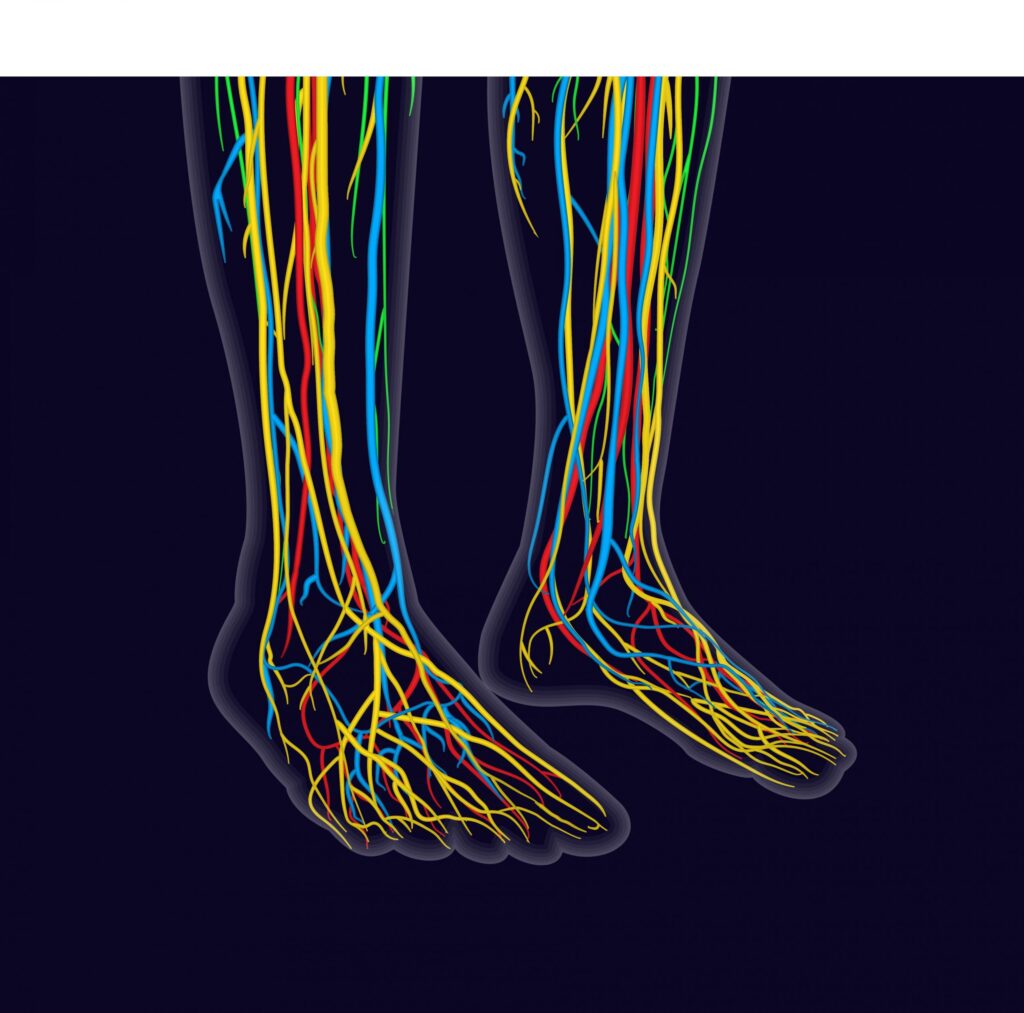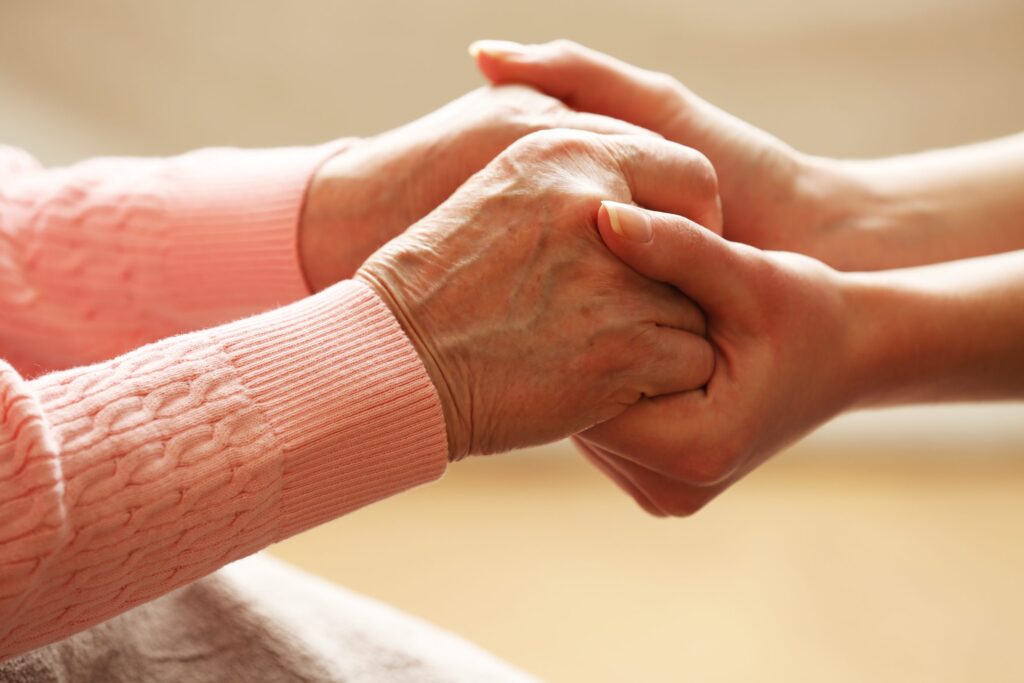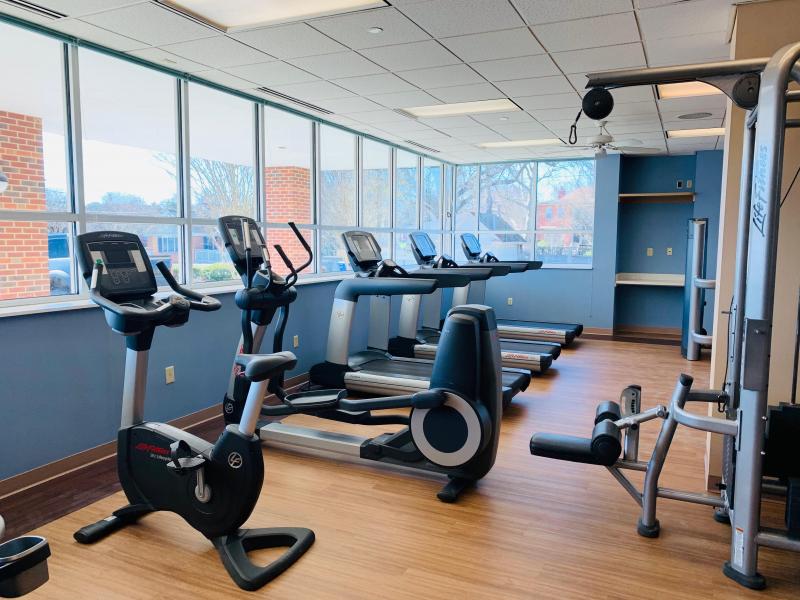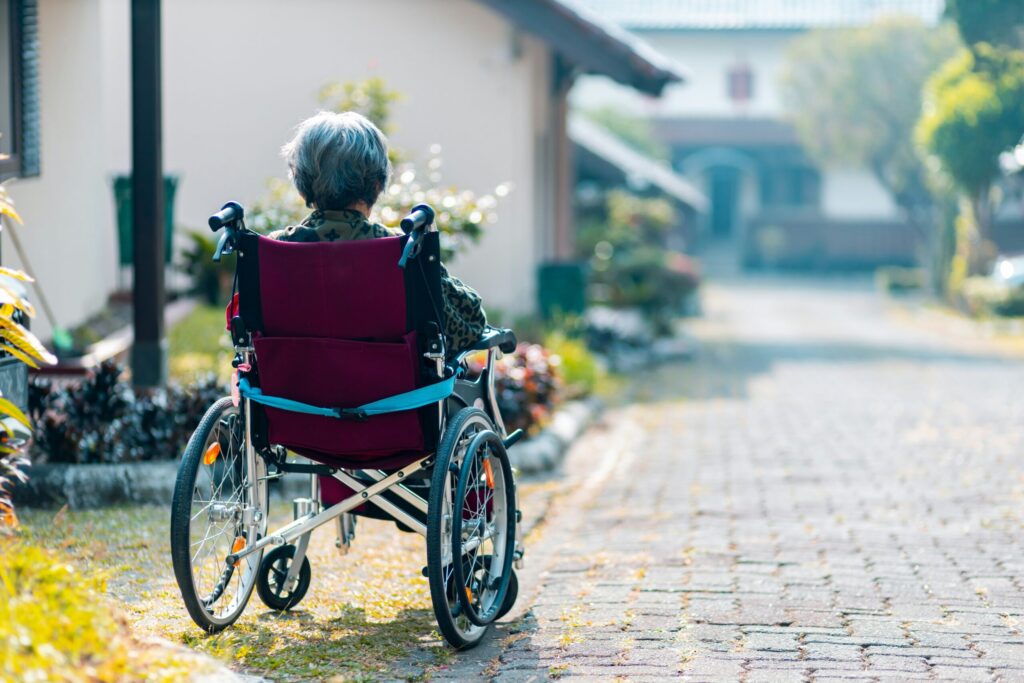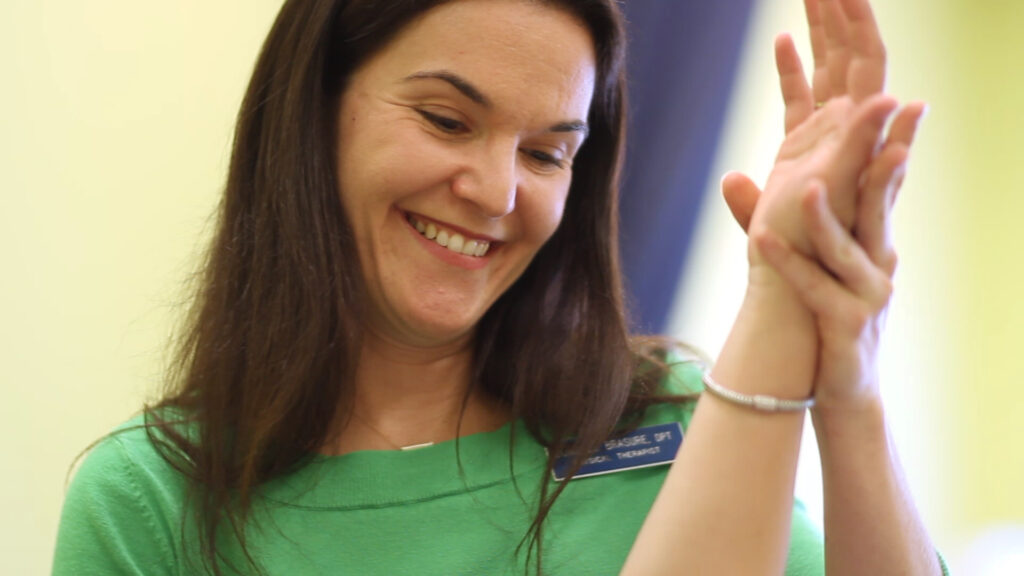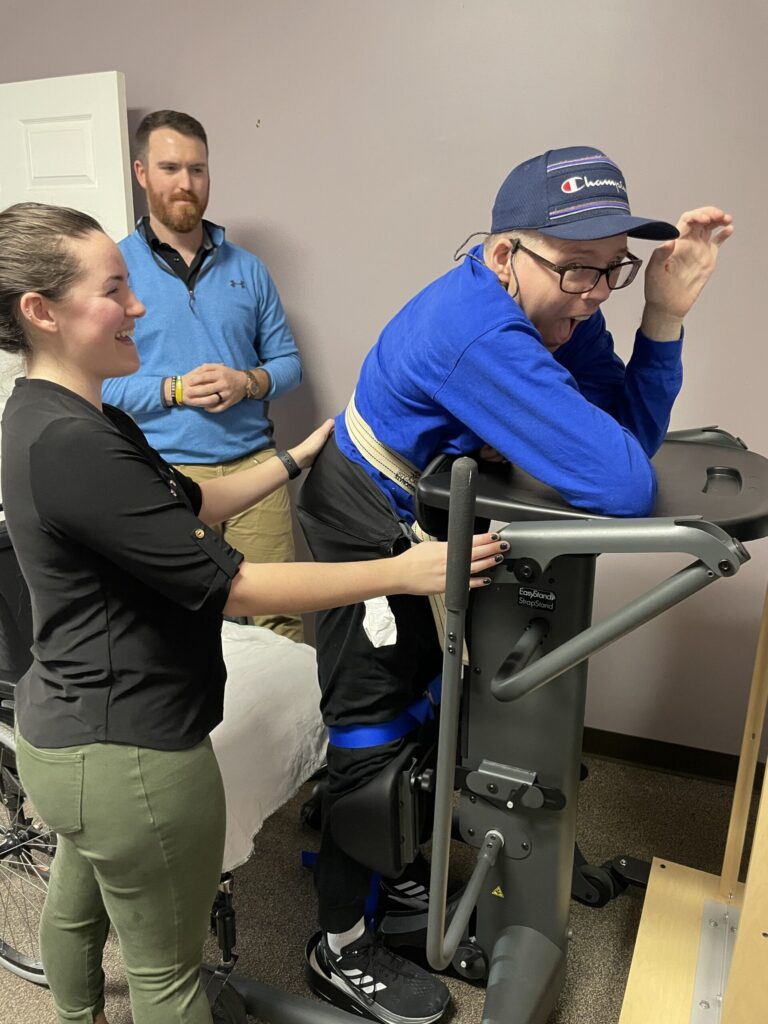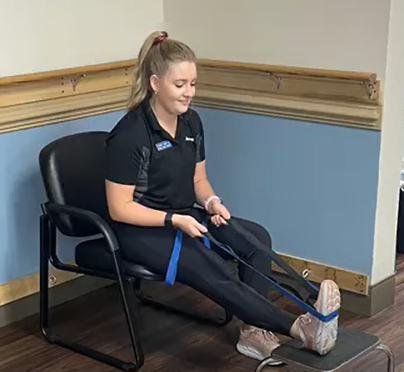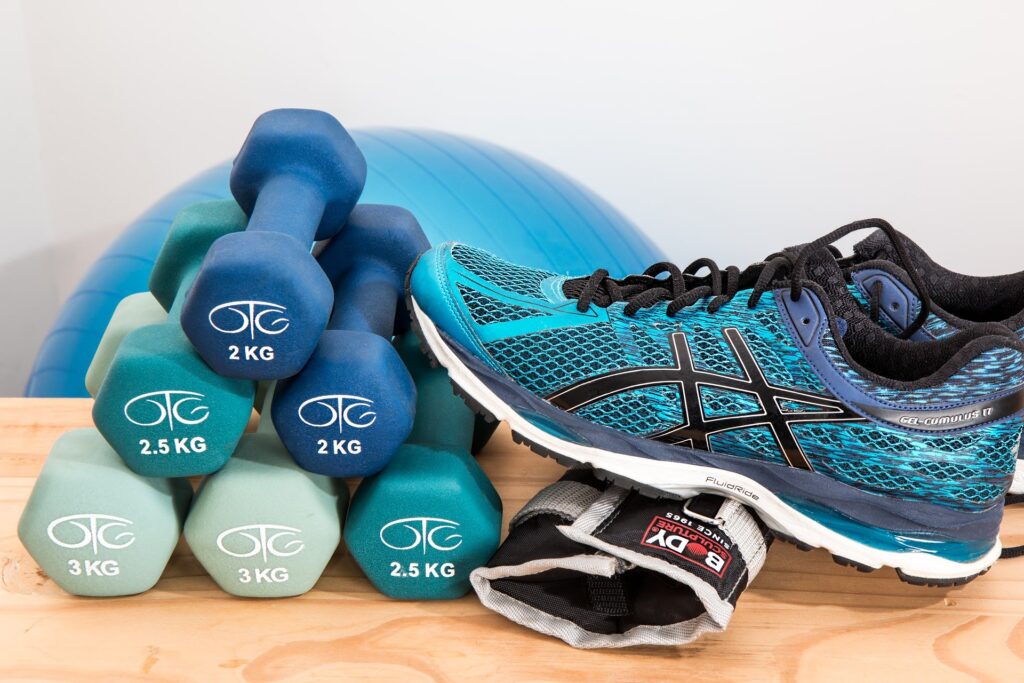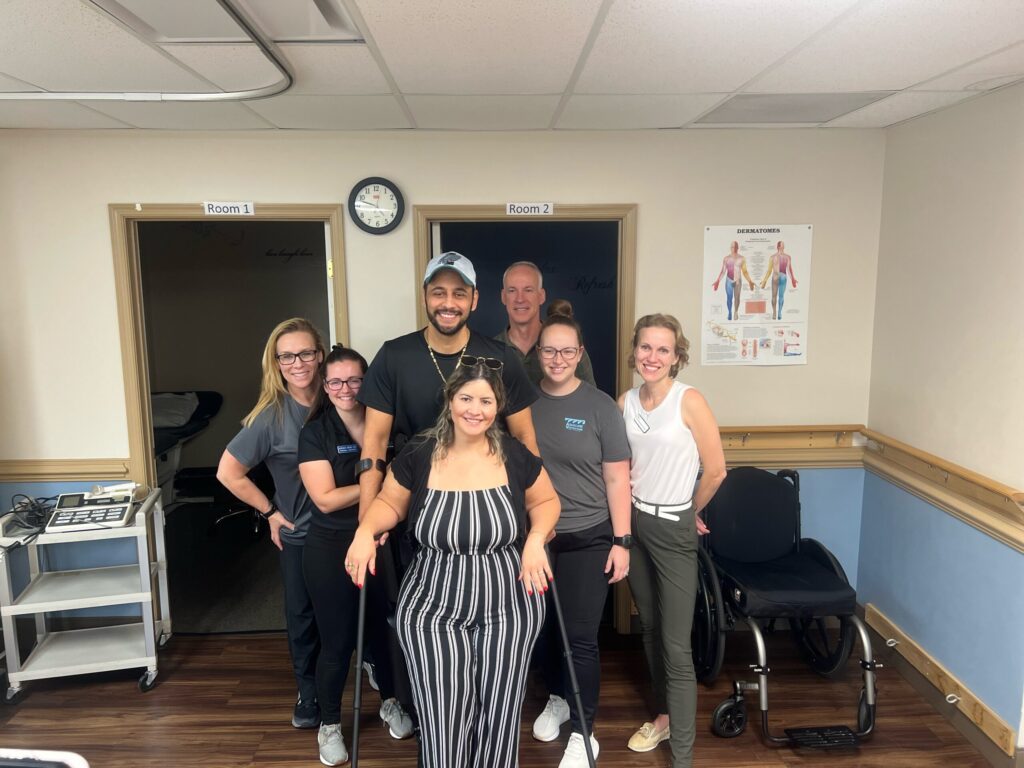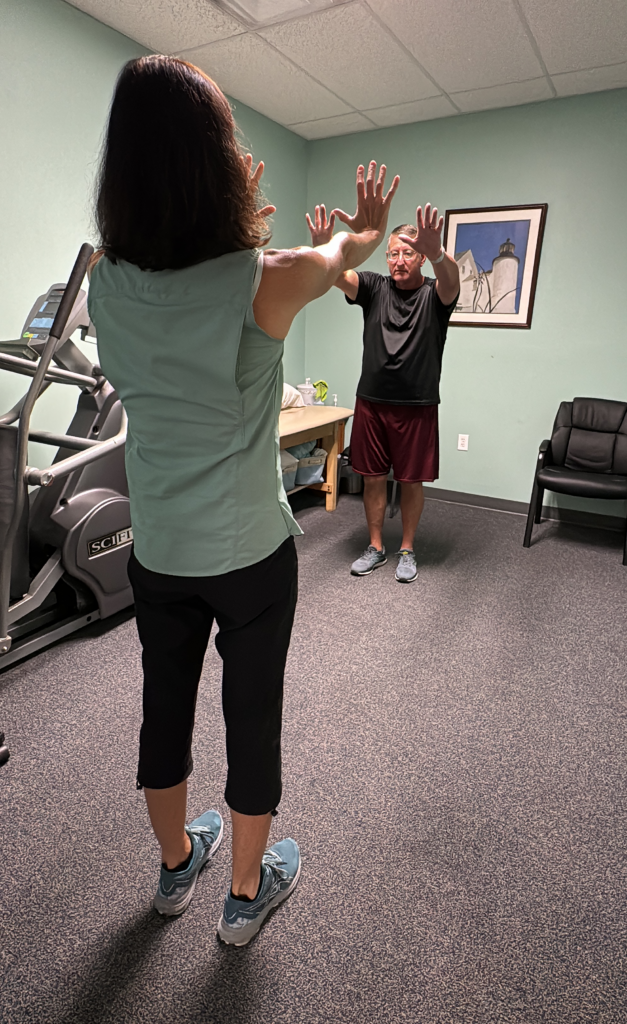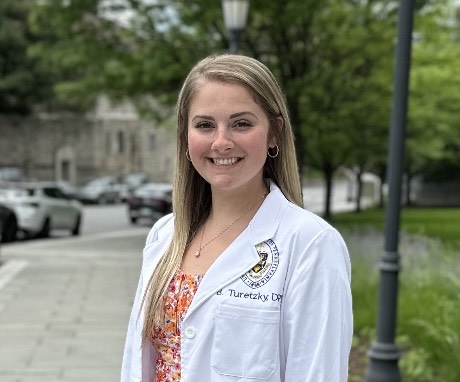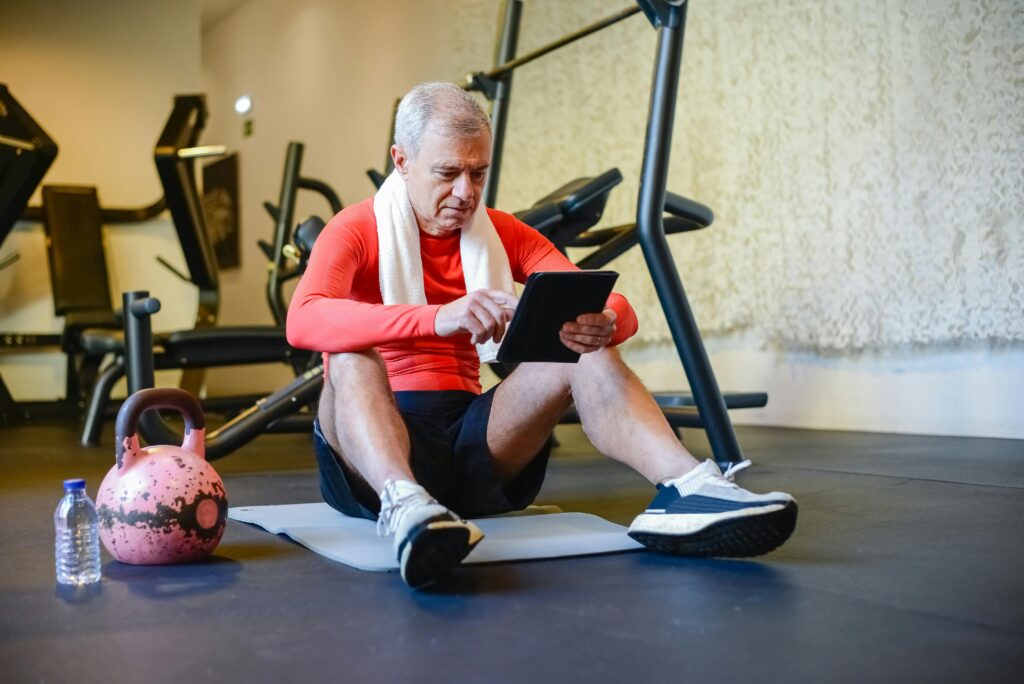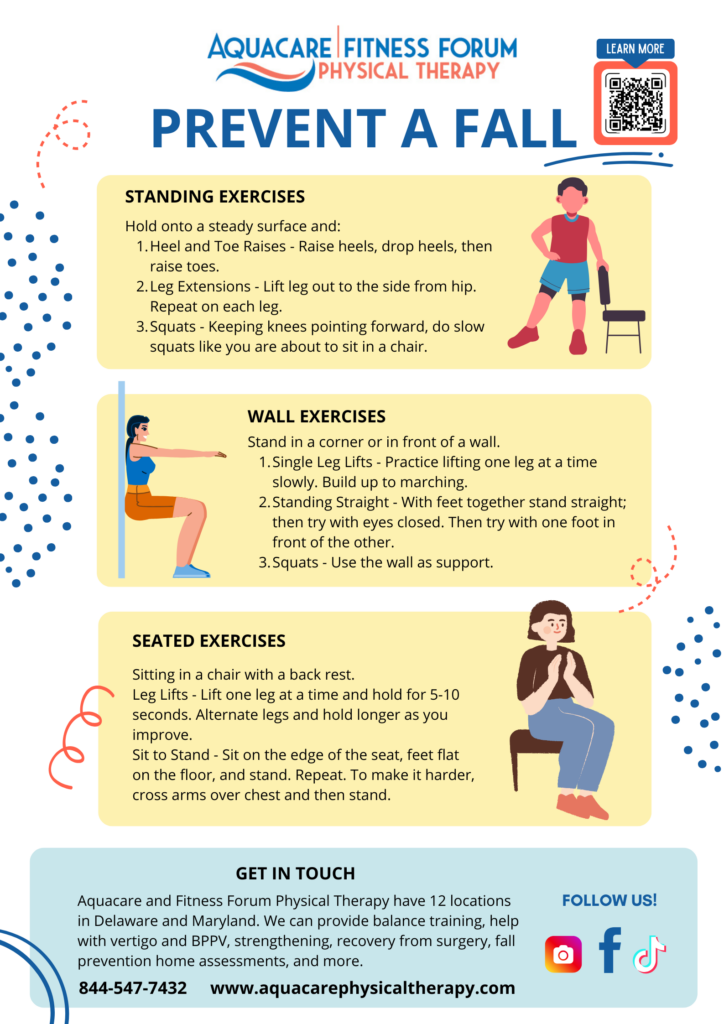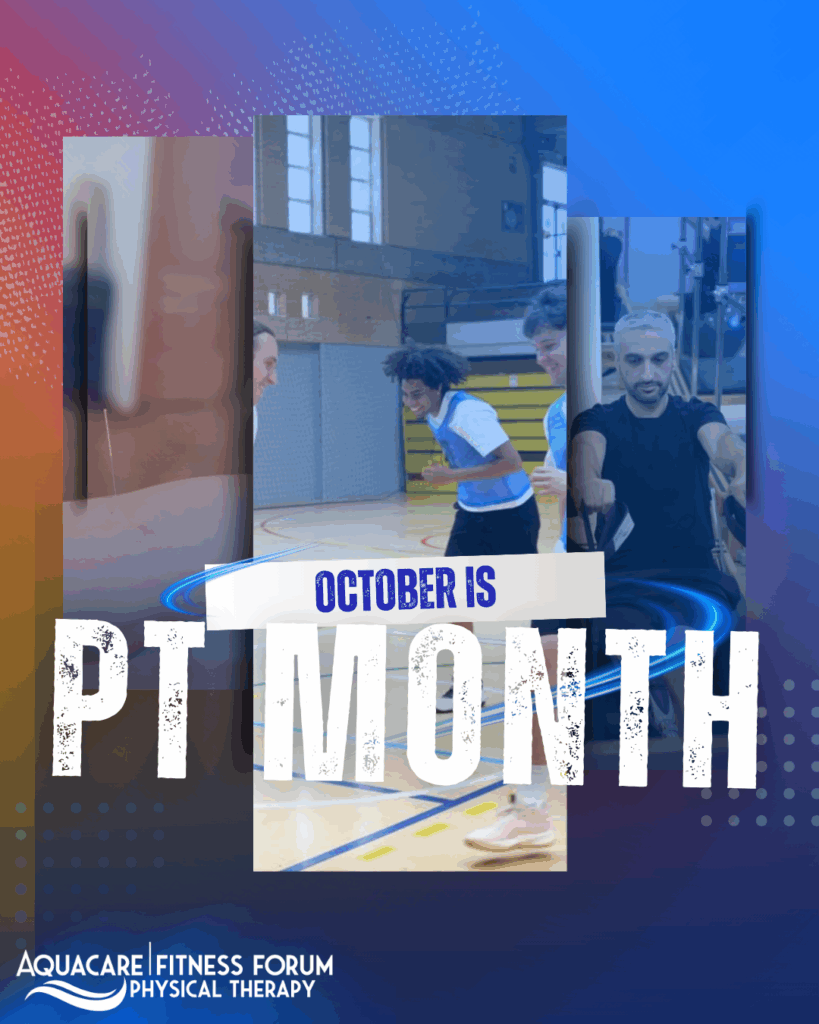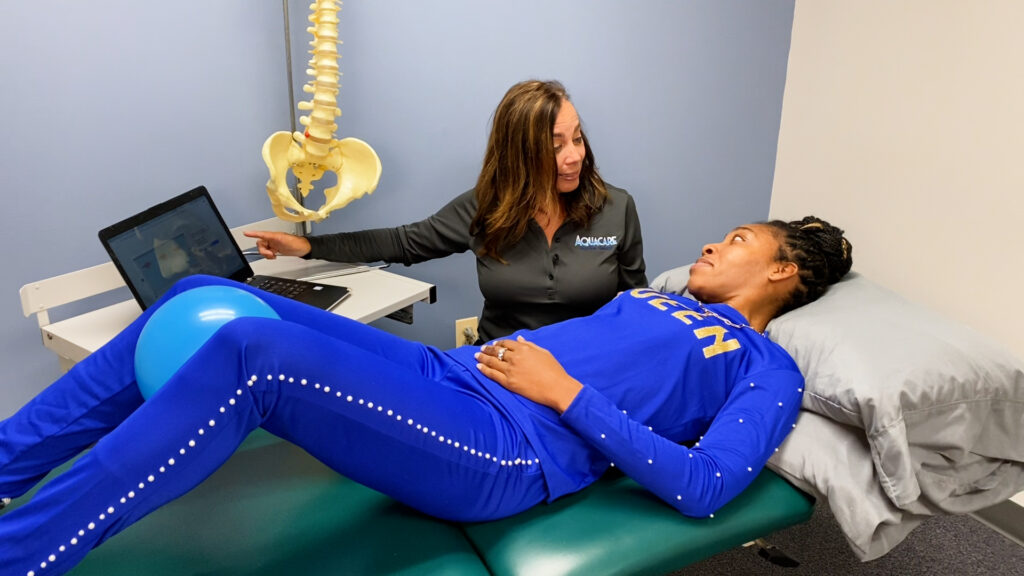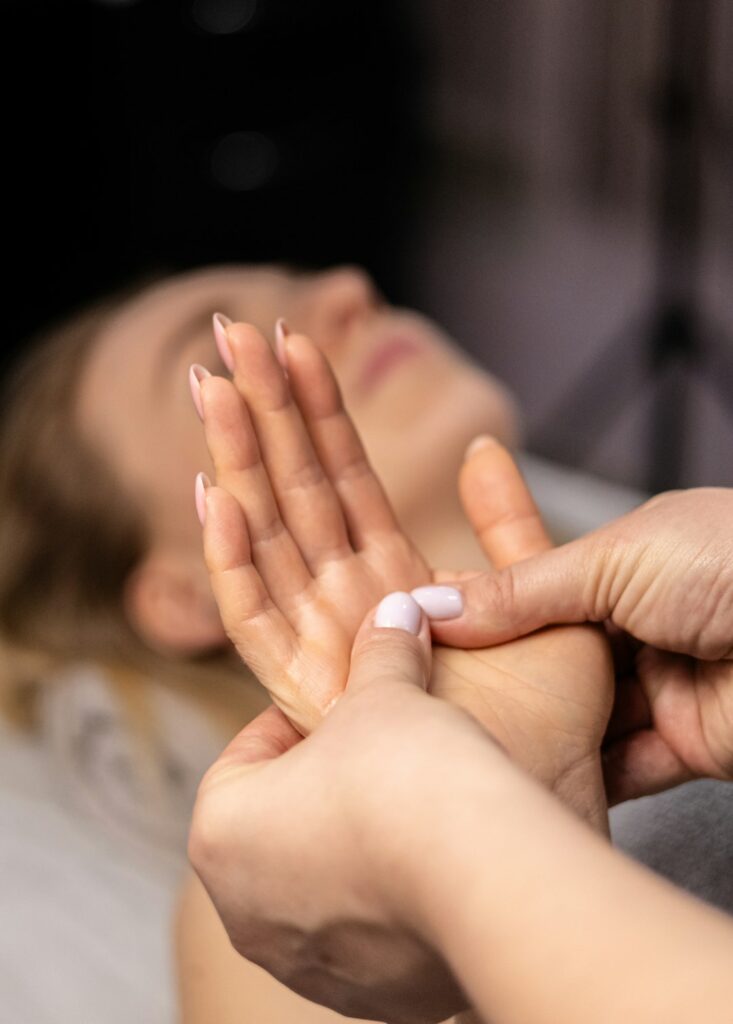
Physical Therapy and Exercise to Combat Debilitation from Alzheimer’s

In 2019, there were 5.8 million Americans living with Alzheimer’s Disease. Of those, 5.6 million are age 65 and older, with the remaining 200,000 being younger than 65. Alzheimer’s is the fifth leading cause of death in America.
Many have written about family members or autobiographically, describing the disease as a “long goodbye.” While Alzheimer’s is a disease of the brain, we cannot separate the mind from the body.
How can physical therapy help? Physical therapists work with family members to create a safe environment within the home to reduce fall risk.
Physical therapists are movement experts and specialize in safe strengthening, stretching, balance activities, and conditioning programs. Research has shown that exercise can slow the progression of the disease and may even delay its onset.
In the early and middle stages of Alzheimer’s, physical therapists can keep patients mobile, improving their ability to be independent at home and participate in community activities.
In the later stages of the disease, physical therapists can help patients remain independent with basic activities of daily living, dressing, bathing, toileting, and walking.
Many research studies have found that physically active individuals are less likely to have cognitive decline as they age. Some researchers have found that increased fitness of the heart and lungs may even prevent wasting away of the brain. Your physical therapist can help you design an exercise plan to improve your odds for healthy aging.
Exercise and physical therapy can help slow the progression of Alzheimer’s by:
- A physical therapist will help your parent or senior loved one to be active. Regular activity has been repeatedly shown to improve mood and reduce aggression. One study found that an hour of therapy each week for 12 weeks drastically reduced depression. The therapy focused on balance, endurance, flexibility and strength training.
- Alzheimer’s disease often affects balance and can lead to a high risk for falls. Regular physical therapy helps to keep bones and muscles strong as coordination declines. You might notice that although your loved one is able to walk that they have an unsteady step. The physical therapist will work with your loved one to build muscle memory to help with preventing falls.
- Daily activities like bathing, dressing, eating, and toileting can become difficult with Alzheimer’s. A physical therapist will provide opportunities to practice and strengthen the ability to keep doing the daily activities.
- A research study found that 40 minutes of physical activity, four times a week over one year lead to growth in the hippocampus. The hippocampus is the part of the brain responsible for memory. There was also shown to be increases in both the gray and white matter of the brain. Damage to the gray and white matter is a common symptom of Alzheimer’s.
(Source: https://www.alzheimers.net/ways-physical-therapy-slows-the-symptoms-of-alzheimers/)

